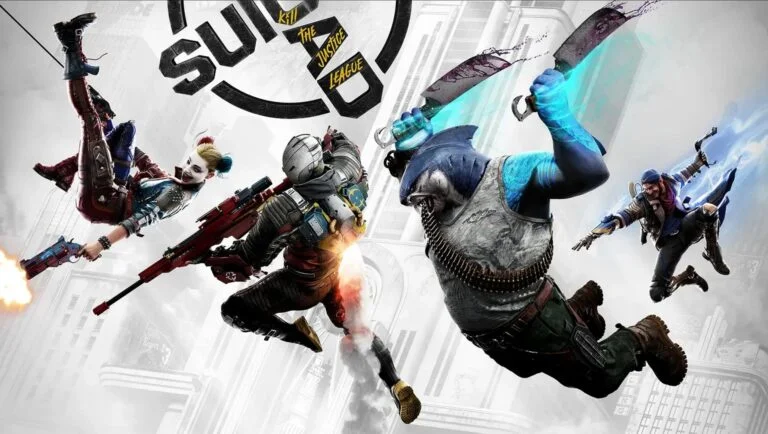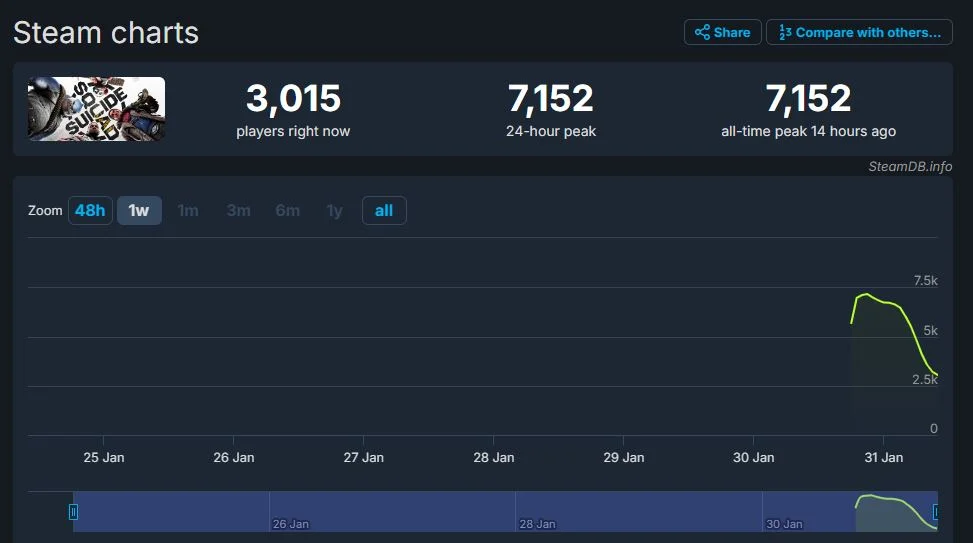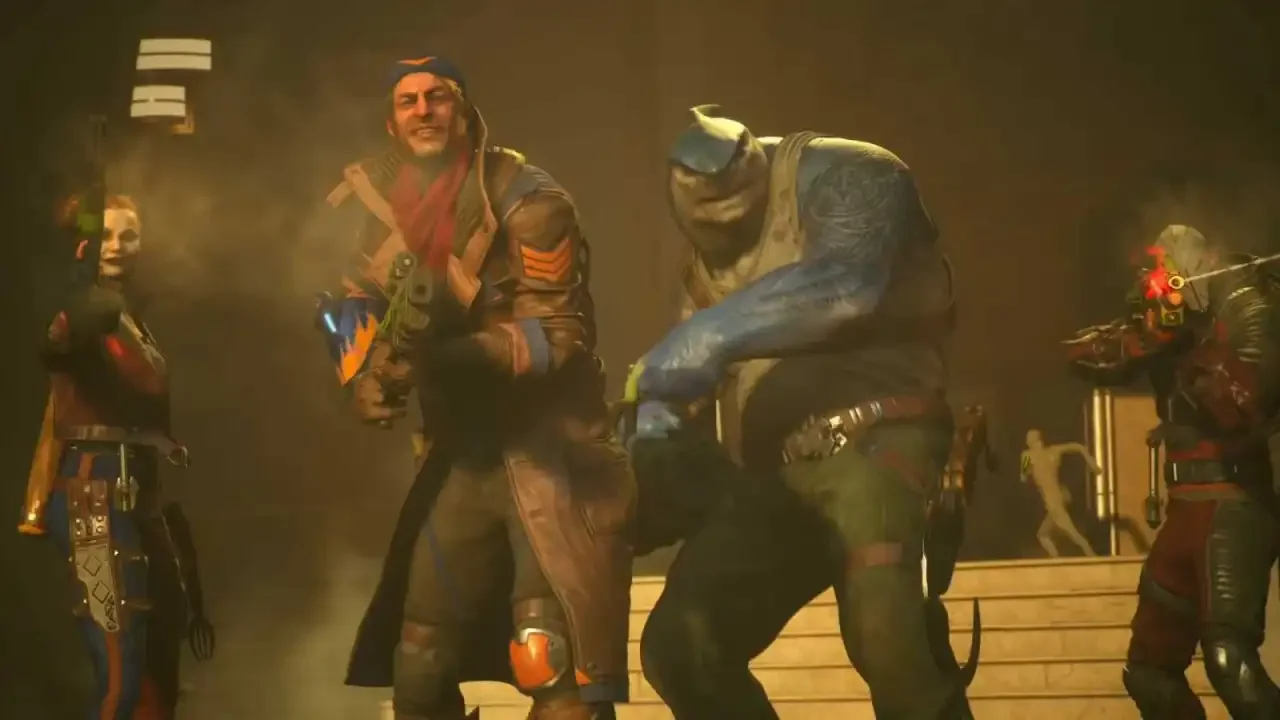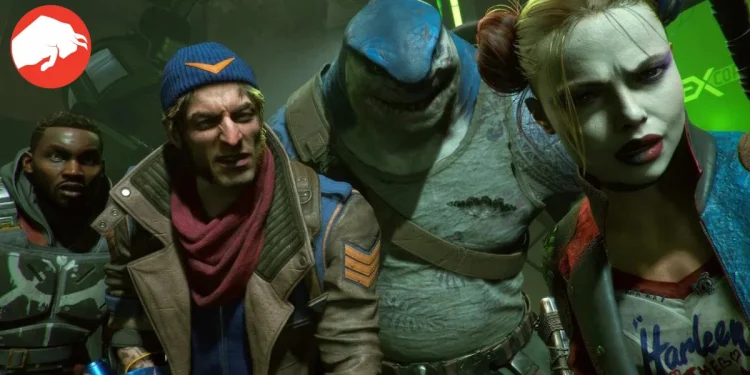Rocksteady Studios, renowned for their Batman Arkham series, has ventured into new territory with Suicide Squad: Kill the Justice League, a title that has generated considerable buzz since its announcement. However, the game’s early days on Steam paint a picture that’s less than heroic. With access initially limited to those who sprang for the $100 deluxe edition, the game’s launch has been met with tepid enthusiasm, as evidenced by its concurrent player count on the platform.
A Disappointing Debut on Steam
In the realm of PC gaming, where player counts can skyrocket into the thousands or even millions for the most anticipated releases, Suicide Squad‘s performance has been underwhelming. “Suicide Squad has peaked at just 7K concurrent players on the platform,” a figure that starkly contrasts with the blockbuster expectations typically held for games from a studio as celebrated as Rocksteady.

The Deluxe Edition Dilemma
One of the critical factors in the game’s slow start could be its pricing strategy. The decision to gate early access behind the nearly $100 deluxe edition may have inadvertently narrowed the game’s initial player base. With the general release slated for February 2nd, there’s hope that more gamers will dive into the fray, boosting those critical early numbers. Yet, as SteamDB indicates, player interest appears to be waning, with active players dropping to around 3,000—a concerning sign for a AAA release.

Comparisons and Context
To put Suicide Squad‘s figures in context, a look at similar games reveals the starkness of its situation. Gotham Knights, despite receiving a mixed reception, saw its player count triple that of Suicide Squad at launch. Even more dramatically, Batman Arkham Knight, despite its problematic release, boasted a peak concurrent player count over nine times higher.
The Challenge of Competition
January’s release calendar has been notably crowded, with heavy hitters like Tekken 8 and Like a Dragon: Infinite Wealth drawing players in droves. Tekken 8, for instance, reached nearly 50K concurrent players, overshadowing Suicide Squad significantly. In such a competitive landscape, even a game backed by a major studio and a popular franchise can struggle to capture the spotlight.

Moving Forward: Can Suicide Squad Rebound?
As Suicide Squad: Kill the Justice League moves beyond its deluxe edition barrier and into the hands of the broader gaming community, the question remains: Can it overcome its rocky start? The game’s ability to rebound may depend on a variety of factors, including post-launch support, community engagement, and perhaps a reassessment of its pricing strategy. While the initial numbers are disappointing, the dynamic nature of the gaming industry means there’s always room for a comeback.
Rocksteady’s latest venture into the DC universe has certainly stumbled out of the gate, but with time and perhaps a few strategic adjustments, Suicide Squad could yet live up to its blockbuster potential. As it stands, the game’s early days offer a case study in the challenges of launching a new title in a crowded market, even for a developer with a track record of success.









